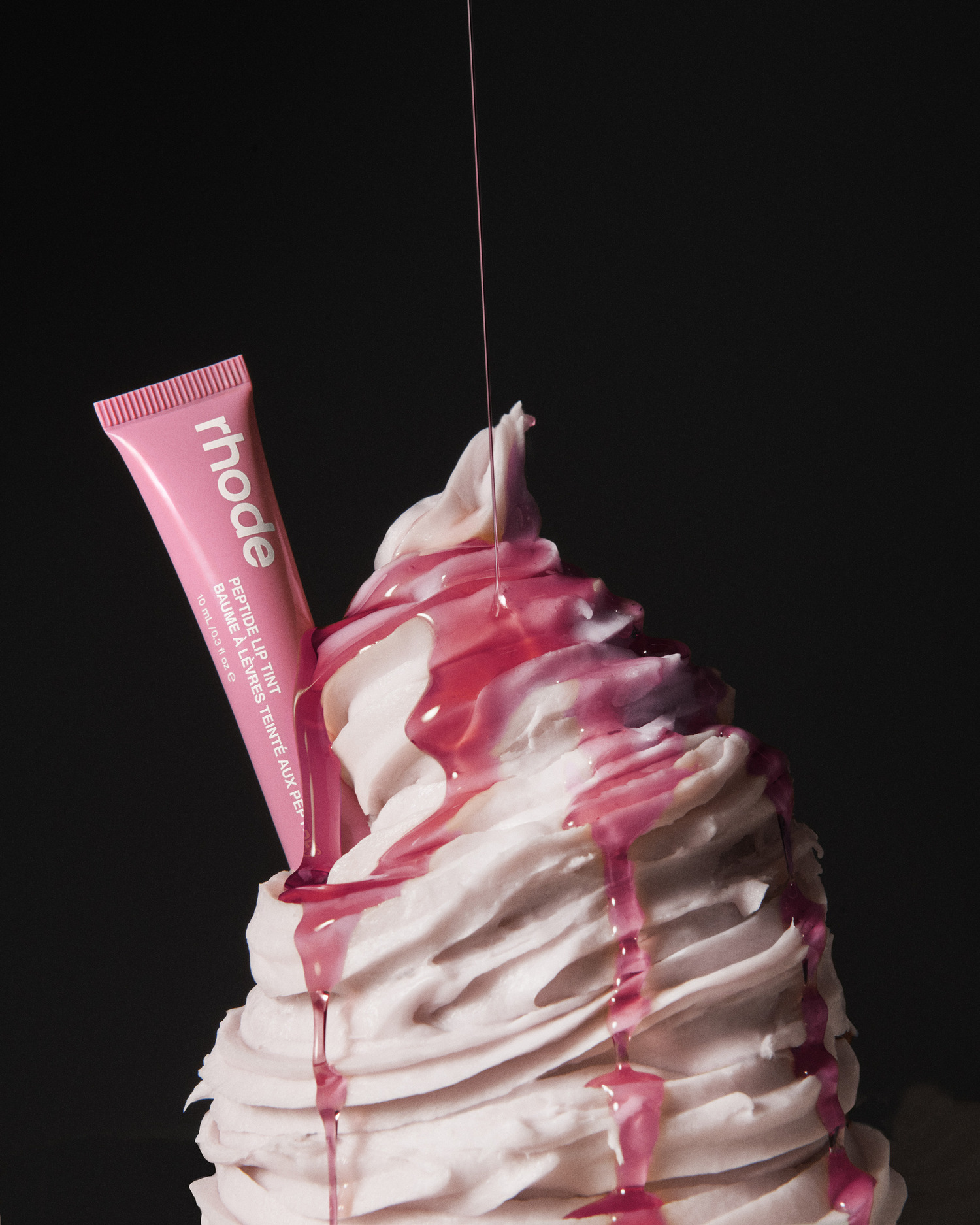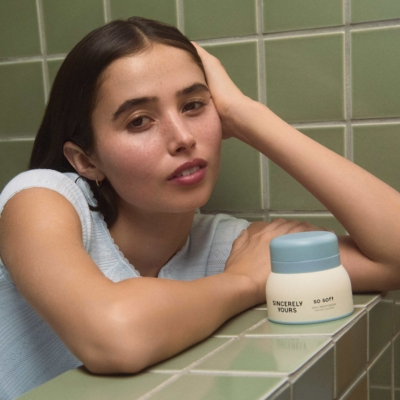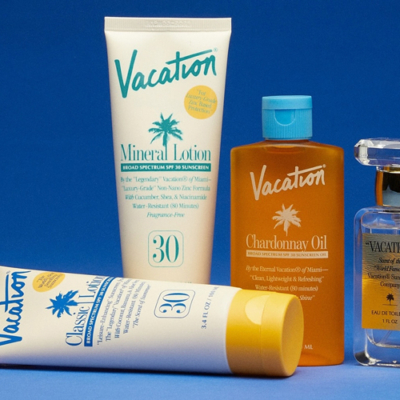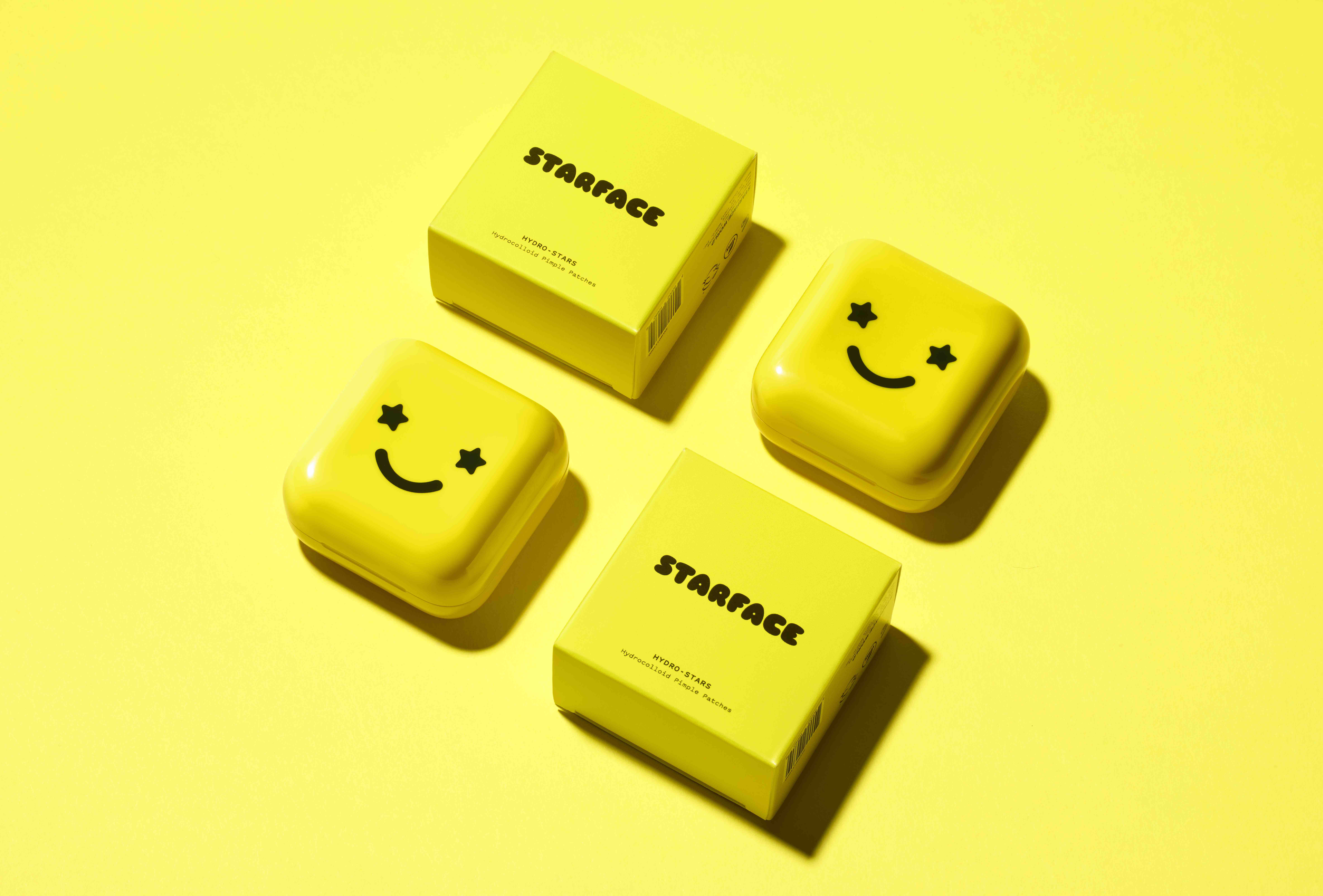
Is Rhode Worth $1 Billion?
Forget celebrity beauty fatigue, E.l.f. Beauty’s $1 billion acquisition of Hailey Bieber’s gen Z-favorite skincare and color brand Rhode is a huge gamble on fame, particularly of the social media variety, continuing to propel beauty sales.
E.l.f., parent company of E.l.f. Cosmetics, Naturium, W3ll People and Keys Soulcare, has agreed to pay $600 million in cash and $200 million in newly issued stock for Rhode, with a potential $200 million earnout based on Rhode’s growth over a 3-year period. In the 12 months that ended March 21, 3-year-old Rhode generated $212 million in sales solely in direct-to-consumer distribution with 10 products priced at $38 or less. The $1 billion price tag, making Rhode the youngest beauty brand to achieve that outcome, gives it a 4.7X revenue multiple, but the revenue multiple shrinks to 3.7X based on the $800 million figure.
Although Reuters broke the news in April that Rhode had hired Moelis and J.P. Morgan to seek a $1 billion exit, the deal was still a surprise to beauty industry insiders who didn’t imagine a buyer would emerge to pay that much for a young brand so heavily connected to a single name and social media at a moment when long-term sales performance has been prized. When Beauty Independent asked over 10 investors and investment bankers last month about whether they predicted the brand would sell this year, just two concluded it would.
Rare Beauty’s failure to trade last year was part of the reason they felt Rhode wouldn’t nail a $1 billion payday, although Rare Beauty, which Business of Fashion reported generated $400 million in the 12 months ended February last year, is a larger animal for a company to take over with a price that could be twice as high as Rhode’s if it garners a similar multiple, perhaps too heavy a load as some beauty conglomerates face slumping sales and struggles to get their houses in order. After a year in which Rare Beauty was joined by brands such as Kosas, Merit, Jane Iredale and Glossier on the market that didn’t transact, the beauty industry welcomed E.l.f.’s purchase of Rhode as a sign that dealmaking could heat up.
Previously suspecting the brand would wind up in private equity hands, Manica Blain, an early-stage consumer brand investor and founder of Top Knot Ventures, says, “It seemed like the meteoric rise of Rhode and potential uncertainty around the brand’s longevity would be too risky for a strategic acquirer to bite, especially off the heels of what was widely rumored to be the failed sale process for Rare Beauty, where no strategic acquirers came to the table. Furthermore, given the hit of Drunk Elephant on Shiseido, I also wondered if strategics in general might shy from big acquisitions full stop for a while.” Shiseido-owned Drunk Elephant’s sales in the first quarter plunged 65%.
With E.l.f. picking up Rhode, she elaborates, “Hopefully, this is what the industry needed to come out of deadlock, and hopefully we’ll see some more action in the months to come.”

Kimber Maderazzo, professor of marketing at Pepperdine University and former executive at beauty companies Proactiv and Guthy-Renker, says, “The acquisition signals renewed momentum in the M&A landscape, particularly in the celebrity-owned segment, which has historically faced challenges scaling and securing strategic buyers. A $1 billion valuation reflects not only Rhode’s strong brand equity, but also the market’s appetite for digitally native, community-driven brands.”
With Rhode registering a 40% earnings before interest, taxes, depreciation and amortization (EBITDA) margin, Ilya Selgin, managing director of investment bank Cascadia Capital, calls the $1 billion price for the brand “very reasonable.” He says, “The motivation to sell was driven by the fact that the business has real momentum, has runway in retail, but needs to invest in infrastructure to support a bigger, omnichannel business.”
Rhode has been deft at capturing the beauty zeitgeist. Bieber has 54.9 million followers on Instagram and 15.4 million followers on TikTok, where users devour close-ups of her applying beauty products like Rhode’s squat Pocket Blush, extremely on-trend Glazing Milk and skincare-makeup hybrid Peptide Lip Shape. Rhode has 1.5 million TikTok followers and 3.2 million Instagram followers. The brand’s lone non-beauty product, an iPhone case that holds its hero product, Peptide Lip Treatment, went mega-viral.
In the past six months, data from brand tracking platform Tracksuit shows Rhode’s awareness gained six percentage points to 18% or about 26.6 million people overall and climbed 12 percentage points to 33% among people aged 18 to 34 years old or about 12 million people. Data from social video intelligence platform Tubular Labs shows that, on TikTok, Hailey Bieber and Rhode have a scant 10% and 9% audience overlap, respectively, with E.l.f.
Discussing Rhode’s quick path to $212 million in sales, E.l.f. CEO Tarang Amin said on CNBC, “I didn’t think that was possible. So that level of disruption definitely caught our attention.” In 2023, E.l.f. paid $355 million for Naturium, a skincare brand attached to beauty influencer Susan Yara that was slated to reach $90 million in sales that year, its fourth year on the market.
Can Rhode be as disruptive as it has been going forward? Several in the beauty industry think so, particularly as the brand is set to launch at Sephora stores in the United States and Canada in the fall this year and in the United Kingdom shortly after. E.l.f.’s other brands are concentrated in mass-market retailers, and Rhode will represent its Sephora debut.
“For Rhode, E.l.f. will provide solid infrastructure on which to scale the business,” says early-stage consumer brand investor Tina Bou-Saba. “E.l.f. does not have Sephora-specific expertise, so there will likely be some learning there, but this feels surmountable. Overall, this signals to me that Rhode intends to be a globally-distributed, omnichannel, durable brand that over time can stand on its own, independent of its founder.” She adds, “Rhode feels like a great fit for Sephora, so I am confident that that upcoming launch will be successful, absent some sort of unlikely execution mishap.”
On LinkedIn, Madeline Kaplan, a partner at early-stage consumer brand venture capital firm Selva Ventures, writes, “Given the upcoming Sephora launch and low retail penetration today, there is a big opportunity to continue to drive growth over the next 12 months. The transaction price will probably look pretty good in a year from now.”
“It’s a big bet in a tough market.”
The deal for Rhode helps E.l.f. reach the higher end prestige tier of beauty, largely expected to be comparatively resilient if the U.S. dips into a recession. And it injects it with a content engine in an attention economy in which scroll-stopping content is a major currency. From its Super Bowl commercials featuring Judge Judy and Jennifer Coolidge to its collaborations with Dunkin’ Donuts, Liquid Death, Stanley and Chipotle, E.l.f. Cosmetics has shown it has attention-grabbing chops that could keep Rhode’s grasp on the zeitgeist tight.
The market reaction to E.l.f.’s Rhode announcement was positive, and its stock gained 2.2% in after-hours trading. That occurred subsequent to a 1.33% stock drop during regular trading hours Wednesday following E.l.f.’s earnings release. The company saw net sales increase 28% to $1.3 billion in fiscal year 2025, when net income was $112.1 million, and net sales advance 4% to $332.6 million in the three months ended March 31, when net income was $28.3 million. E.l.f.’s stock price closed at $90.50 on Wednesday, almost 60% down from its high of $218 last year. The company has been contending with exposure to Chinese tariffs, consumer caution and tough anniversaries against a 2024 with product winners, notably lip oil.
In a statement with the earnings release, Amin says, “We believe we have the right strategy to drive continued category-leading sales and market share growth in the years to come, and believe the acquisition of Rhode will further strengthen and diversify our portfolio of fast-growing disruptive brands.” Bieber is staying on with Rhode as founder, chief creative officer and head of innovation. Co-founders Michael D. Ratner and Lauren Ratner and CEO Nick Vlahos, former CEO of The Honest Co., are staying on as well to helm the brand from its office in Los Angeles.
Not everyone is completely persuaded E.l.f.’s Rhode gamble will pay off handsomely. They point to Kylie Cosmetics as a cautionary tale. In 2019, Coty purchased a 51% stake in the brand for $600 million in a deal that valued it at $1.2 billion. At the time, Kylie Cosmetics, the brand launched in 2015 by reality television star Kylie Jenner and incubator Seed Beauty, had generated $177 million in sales over a 12-month stretch. Since then, its sales have cratered as Kylie Jenner’s buzz has faded and beauty trends have moved on from the glam look Kylie Cosmetics and Instagram were known for at the brand’s height. Jenner has reportedly explored buying the brand back.
Referring to E.l.f.’s $1 billion purchase of Rhode, Drew Fallon, co-founder and CEO of artificial intelligence-powered financial platform Iris, says, “It’s a big bet in a tough market. Stock is up after hours, but this could go poorly and end up like Kylie Cosmetics. Shareholders will be upset if this brand doesn’t stick. [The] good news is there is a ton of runway for distribution.”
Cristina Nuñez, co-founder and managing partner of early-stage beauty and wellness investment firm True Beauty Ventures, characterizes the $1 billion price for Rhode as on the aggressive side in the current market, although “not out of the question.” She says, “The broader question is whether this reflects a new M&A playbook in beauty, one that values digital traction and authentic founder connection over traditional wholesale performance. I’m intrigued, but not convinced.”
Blain argues the trick for E.l.f. and Rhode will be to keep their distinct brand identities intact. “As long as they can keep both brands quite separate, I see it doing well,” she says. “I think the risk may be in consumer perception that Rhode is moving downstream from current prestige positioning and closer to the dupe territory that E.l.f. is mostly known for… If they can keep both brand identities truly separate, and if the consumer buys into that separation, I think this could be great.”
In a note from investment bank and financial services firm TD Cowen, managing director Oliver Chen writes E.l.f.’s “acquisition of Rhode accelerates development of a global disruptive beauty platform. [E.l.f.] can scale Rhode in the near term with Sephora’s help but long-term lifestyle relevance, product growth, retention execution are needs…The main question with the Rhode acquisition is whether the brand has longevity beyond its celebrity hype.”
Click here to learn more about Dealmaker Summit happening June 8 & 9 in New York.







Leave a Reply
You must be logged in to post a comment.